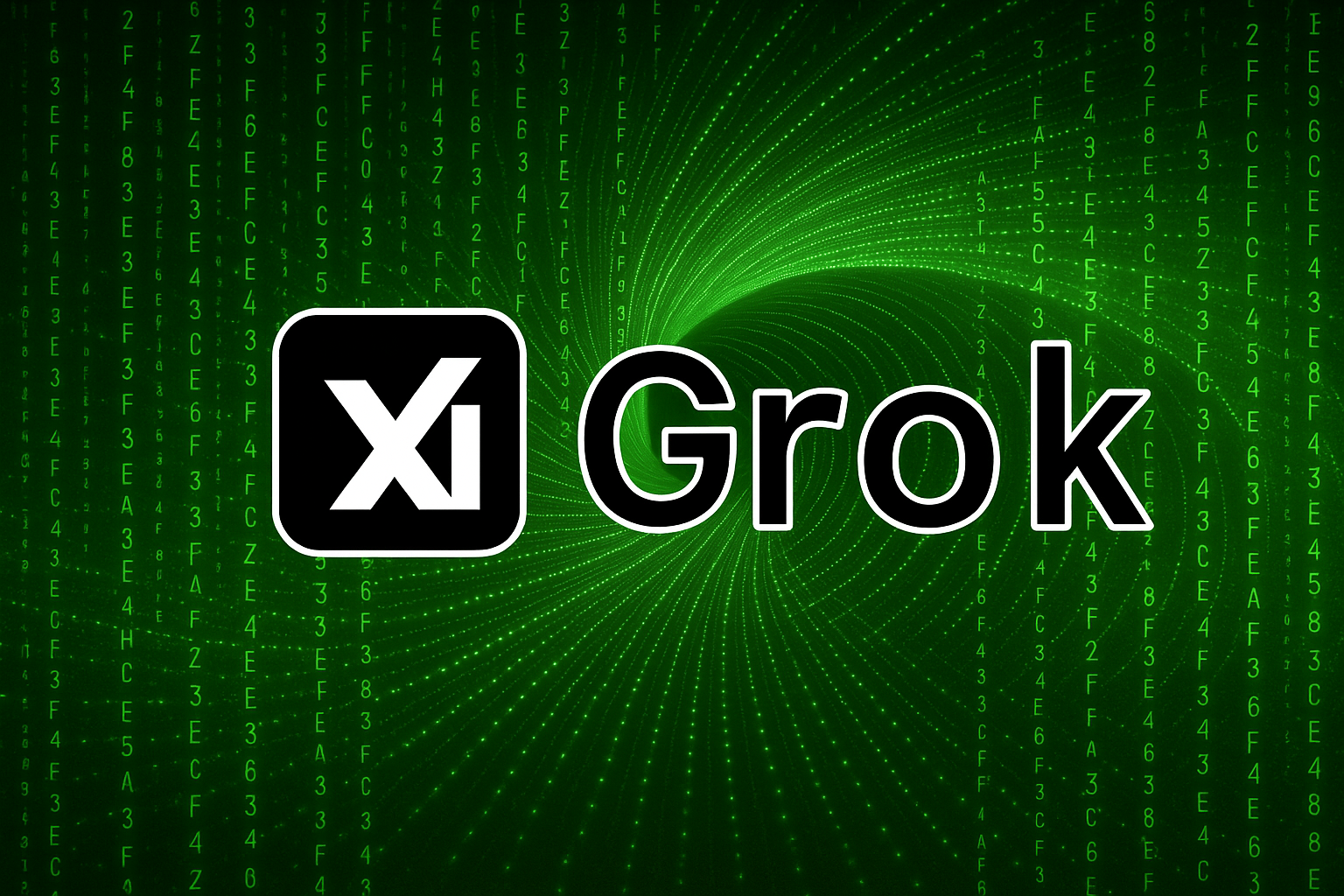In June 2025, artificial‑intelligence platforms sent over 1.13 billion referral visits to the world’s top 1,000 websites—a staggering 357% year-over‑year increase. While modest in comparison to Google’s dominance, this surge signals a structural shift in how users discover online content.
From Search to Spotlight: AI’s Traffic Boom
According to data from market‑intelligence firm Similarweb, AI referrals to leading sites soared from June 2024 to June 2025 by 357%, reaching approximately 1.13 billion visits. Despite the explosive growth, Google Search still dwarfs AI referrals—generating around 191 billion referrals in the same period. In other words, AI-generated traffic remains small (circa 0.6%) but is rapidly gaining ground.
Winners and Losers in the News Landscape
AI’s rise is reshaping the media sector more dramatically. For news and media websites, AI‑driven referrals leaped 770% year-over‑year in June 2025. Among publishers favored by AI platforms like ChatGPT, Gemini, Perplexity, DeepSeek, Claude and others, Yahoo claimed the lead with 2.3 million AI referrals, followed by Yahoo Japan (1.9 M), Reuters (1.8 M), The Guardian (1.7 M), India Times (1.2 M), and Business Insider (1.0 M).
However, publishers facing resistance from AI platforms—whether through paywalls or legal disputes—are losing out. The New York Times, locked in a lawsuit with OpenAI, has been notably excluded from much of this AI traffic. Many outlets fear a future dubbed “Google Zero,” where search engines channel minimal traffic to their websites.
The AI Referrers Behind the Numbers
ChatGPT is responsible for more than 80% of all AI‑driven referrals to top domains in June 2025, according to Similarweb’s methodology. Other platforms tracked included Google’s Gemini, Anthropic’s Claude, Perplexity, Liner, and others—each contributing to the growth, but to a lesser extent.
Beyond News: AI Referrals Across Categories
AI referrals are rising across several verticals:
- E‑commerce: Amazon led with 4.5 million referrals, followed by Etsy (2.0 M) and eBay (1.8 M).
- Tech & Social: Google (53.1 M), Reddit (11.1 M), Facebook (11.0 M), GitHub (7.4 M), Microsoft (5.1 M), Canva (5.0 M), and others also saw substantial AI referrals.
- Other categories: Sites like YouTube (~31.2 M), Wikipedia (~10.8 M), ResearchGate, Investing.com, Zillow, and regional platforms each attracted millions of visits from AI tools.
These referrals underscore the growing influence of AI across entertainment, business, science, and education—not just news.
Implications for Publishers and the Web Economy
This shift in traffic dynamics comes at a critical moment for content creators. As AI tools increasingly summarize content and deliver answers directly—especially within Google Search’s AI Overviews—the conventional click‑through model is faltering. A recent Pew Research survey found that AI summaries appeared in 18% of about 69,000 Google searches, but only prompted 8% of users to click through, compared to 15% in non‑AI scenarios.
Meanwhile, Google is responding with solutions like its “Offerwall” micropayments tool, enabling publishers to monetize when traffic declines—by allowing access via surveys, subscriptions, or newsletters instead of relying solely on ad-supported visits.
Yet while AI referrals rise, they still represent a fraction of what Google delivers—making current shifts more evolutionary than revolutionary. That said, publishers seeing large drops in search traffic are already grappling with survival decisions: layoffs, restructuring, or pivoting to AI partnerships and licensing deals with OpenAI and other platforms.
Looking Forward: What’s Next for AI Traffic?
The landscape appears poised for continued disruption:
- First, AI platforms will keep improving their capacity to summarize and surface information—reducing the need for users to click through altogether.
- Second, publishers may increasingly negotiate licensing deals with AI firms to better capture referral value rather than losing it entirely.
- Third, the broader web economy—from retail to research—must adapt distribution strategies to factor in AI discovery, along with traditional search and social referrals.
AI might still deliver only a sliver of total traffic—but with growth at 357% YoY, its share is expanding faster than nearly any other channel.
Conclusion
The June 2025 data is a clear signal: AI is becoming a serious player in online discovery. With AI referrals climbing sharply—from news to shopping to social media—the era of search-first traffic may be giving way to AI-first discovery. For publishers, businesses, and content platforms, embracing the shift could mean the difference between relevance and obscurity in the era of AI.




